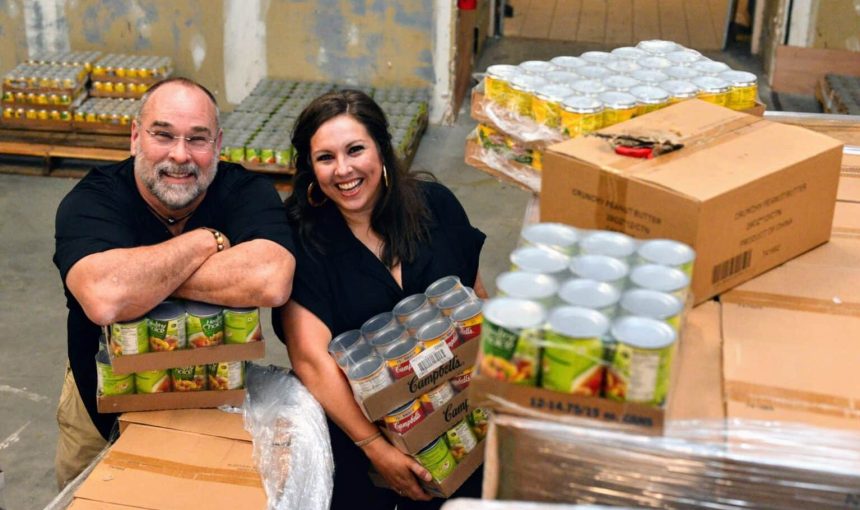Legislation that would incentivize Mississippi businesses to donate to local food banks has been passed by both chambers of the legislature.
According to the Mississippi Food Network, one in four Mississippians — approximately 600,800 people — go hungry on a daily basis, making the Magnolia State the most food insecure state in the U.S.

In order to curb this troubling statistic, House Bill 1723, authored by Rep. Trey Lamar, R-Senatobia, was introduced to provide an income tax credit for businesses that donate to one, or more, of the four food banks in the state.
The nonprofit food banks representing the Magnolia State are Extra Table, Feeding the Gulf Coast, Mid South Food Bank, and the Mississippi Food Network.
Extra Table Executive Director Martha Allen says it is necessary for this legislation to become law because the ramifications of inflation have created a massive influx of individuals showing up to local food pantries to receive a meal within the past year.
“A business that pays income tax can write that check to support feeding those hungry in our state. They’ll get dollar-for-dollar credit from the Department of Revenue,” Allen said on The Gallo Show. “This is something so critical. Those lines that you saw amidst COVID and the number of people attending the food banks, since June and July, those numbers have doubled and tripled. A food pantry that might have been feeding 200 people a week in June and July, they’re feeding 800 to 1,000 right now.”
Allen contends that hunger has detrimental effects on people of all ages. Lacking the food necessary for sustenance can cause one to function improperly, have a hard time concentrating, and can even lead to a decline in physical and mental health.
“A child’s brain cannot develop if they do not have proper nutrition. A high schooler cannot hear to learn in the classroom if they cannot hear the teacher over the growl of their stomach,” Allen continued. “Economic development is critically important, but if an adult is not fed, they’re a danger on a factory floor. Senior citizens are going to decline at a rapid pace without proper nutrition.”







